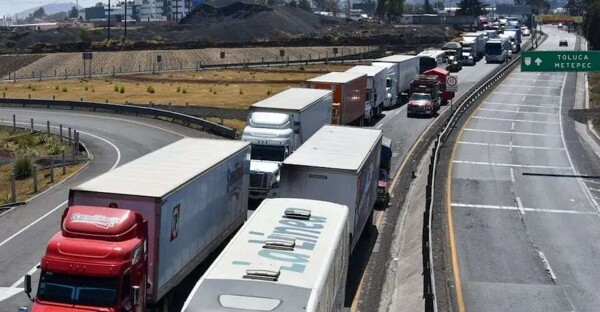
The President of the United States, Donald Trump, has begun deporting migrants from third countries to Mexico, according to diplomatic sources. This action has raised concerns due to the potential economic repercussions it could have, especially in countries like Colombia. In response to critical messages from figures like Gustavo Petro on social media, rejecting the deportations and questioning Trump's policies, a series of measures have emerged that could significantly affect the Colombian economy. Despite certain expectations of restraint from Trump regarding tariffs on Mexico, based on the stance of the American business community, the situation has taken a tense turn. Following Mexico's refusal to accept a flight of deportees, a surge in tensions has led to the imposition of tariffs by the United States. Both Colombia and Mexico find themselves in a vulnerable situation due to the immigration policies of the White House, leading to concerns in both nations. While the Mexican government has begun receiving deportees, figures like Gustavo Petro have firmly opposed these measures. The situation has worsened with the imposition of tariffs of 25% and the threat of raising them to 50% next week, as well as the cancellation of visas and other punitive actions by the United States. This conflict not only affects Colombia, but raises questions about Mexico's resistance to becoming a safe third country. The government of Claudia Sheinbaum in Mexico is closely monitoring this tense situation triggered by the deportations and the repercussions from the Trump administration. Ultimately, Mexico has yielded to the pressures, which poses significant challenges for immigration policy and bilateral relations in the region.














